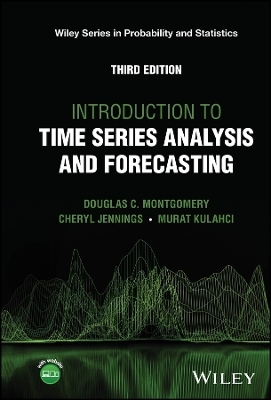
The Ordering of Time
Polity Press (Verlag)
978-0-7456-0968-3 (ISBN)
- Titel ist leider vergriffen;
keine Neuauflage - Artikel merken
This book is a concise history of the use and interpretation of time, written by one of the foremost historians in Europe today. Arno Borst examines the various ways that time has been calculated by numbers and measured by instruments through the ages, from the "computus" - an ancient method of determining times and dates - to the present-day computer. In a wide-ranging discussion, he analyses the classical Greek concepts of divine, natural and human time; the universal time of ancient Rome; the Easter cycle of the Middle Ages; the development of the mechanical clock in the fourteenth and fifteenth centuries; early modern chronology; and, twentieth-century data processing. Borst argues that although many centuries and countless different instruments - sundials, horologia, abaci, astrolabes, calendars, and calculating machines - separate the "computus" from the modern computer, each generation throughout the ages has had to answer the same question: how can we make the best use of our available time to improve our lives? The computer, he suggests, is merely a new instrument employed for an ancient purpose.
Lively and accessible, "The Ordering of Time" will be welcomed by students and researchers in social and cultural history, the history of science and mathematics, as well as anyone interested in the history of time and numbers.
Arno Borst is Emeritus Professor of Medieval History at the University of Konstanz in Germany. Borst's previous books include "Medieval Worlds" (Polity, 1992).
The medieval calendar and European history; divine, human and natural time in Greek antiquity; universal time and salvation time in Roman antiquity; universal time and salvation time in Roman antiquity; Easter cycle and canonical hours in the early Middle Ages; world eras and days of human life in the 7th and 8th centuries; the church bell and work time in the 9th century; observing the moment of respite in the high Middle Ages; giving and using time in the 11th and 12th centuries; divided and appointed times in the 12th and 13th centuries; the confusion and management of calendars in the late Middle Ages; mechanical clocks and "path differences" in the 14th century; the universal machine and chronology in the early modern period; chronometry and industrialization in the 18th and 19th centuries; computers and atomic time in the 20th century; calculable and alloted time.
| Erscheint lt. Verlag | 22.9.1993 |
|---|---|
| Übersetzer | Andrew Winnard |
| Verlagsort | Oxford |
| Sprache | englisch |
| Maße | 142 x 216 mm |
| Gewicht | 224 g |
| Themenwelt | Geschichte ► Hilfswissenschaften ► Chronologie |
| Naturwissenschaften ► Physik / Astronomie ► Astronomie / Astrophysik | |
| ISBN-10 | 0-7456-0968-6 / 0745609686 |
| ISBN-13 | 978-0-7456-0968-3 / 9780745609683 |
| Zustand | Neuware |
| Informationen gemäß Produktsicherheitsverordnung (GPSR) | |
| Haben Sie eine Frage zum Produkt? |
aus dem Bereich

